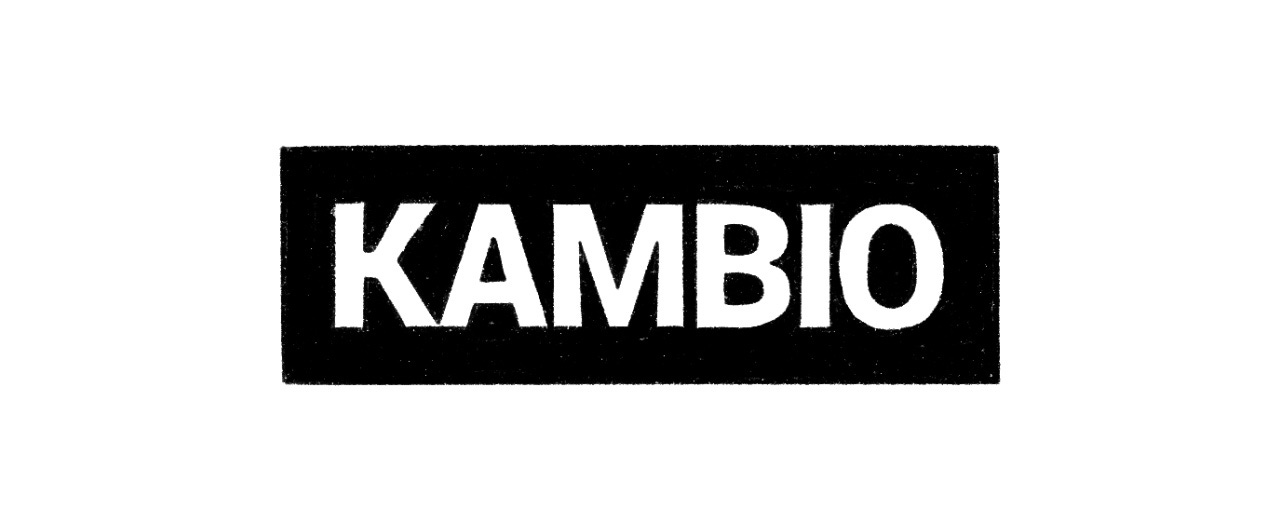With an alarming deficit of 6.5 million houses in the United States, the housing market is under immense pressure.
The shortage has led to skyrocketing prices, with average prices over USD $500,000 and a median income hovering around USD $75,000.
Homeownership is becoming a distant dream for most Americans.
Let's dive in.
Imagine this
Fresh out of college, you land a job with a prestigious consulting firm in the US.
As the years pass, you climb the corporate ladder, get married, and start a family.
Life is good, but there's one thing missing: a home of your own.
Tired of the constraints of apartment living, you decide it's time to invest in a house. You reach out to local brokers eager to explore your options.
Your excitement quickly turns as you face the current state of the housing market. Buying land and building a home seems like a fantasy.
Then, you stumble upon Kambio, a platform that promises to make homeownership attainable through customizable, prefabricated homes.
Explain it like I'm five
Kambio sells modular houses through its platform.
They allow customers to customize their homes, from exterior to interior finishes.
This type of customization is similar to ordering a car from a luxury car manufacturer like Tesla, Porsche, or Range Rover.
They manufacture their homes in Mexico and export them to the United States. Customers can move into their new homes in just 3 months.
Kambio designs, manufactures, ships, and installs pre-fabricated luxury homes.
The ABCs
Industries: Proptech, Construction, Real Estate
Headquarters: Miami, Florida
Year Operations Started: 2021
Team Size: 16
Raised: USD $1.2M (Pre-seed)
Investors: Undisclosed
Business Model: B2B
Other players:
Background check
What We Like
Growing Trend: According to a National Association of Realtors survey, “97% of buyers used the internet during their home search. And more than 50% of buyers found the home they ultimately purchased online, compared with 28% who were shown that home by a real estate agent.” Surprisingly, buying your home online has become the most common approach in the US.
Market Opportunity: The prefabricated building market size was valued at USD 150.4 billion in 2020 and is expected to reach USD 181.9 billion by 2027 with a CAGR (Compound Annual Growth Rate) of 8.2% over the forecast period (2021–2027).
Traction: For the average Mexican, Kambio’s homes are expensive. Kambio's founder shared that they have succeeded in the Mexican hospitality market, with more than 40 homes already committed in 2023. This is becoming a vast market; since Mexico was recently announced as the #1 country to live and work abroad for expats.
Presence: Kambio claims that they have contracts with top construction companies in the United States and already have over 400 homes spread throughout Texas, Florida, and Arizona.
Demand: Kambio's original plan was to be a DTC platform for modular home sales. However, due to overwhelming demand, they haven't been able to offer DTC yet. They are now building a larger facility to meet current and future directions. With the new facility, Kambio expects to increase its monthly home production from 30 to 100.
Road Blocks:
Scalability: The solution is promising, but scaling the business to meet demand is challenging. They currently have only one facility operating the whole manufacturing process. To scale, they need to increase capacity, which means more capital, and as of this moment, high-interest rates, inflation, and fewer VC investments are slowing down companies that require rapid growth.
Logistics: There are considerable obstacles and costs when shipping large, prefabricated homes. The team actively seeks the most cost-effective solution for exporting and transporting their homes from their facility to the designated land development.
Super Peso: The Mexican Peso is experiencing its most robust performance against the US Dollar since 2015. This has an impact on Mexican companies that rely heavily on exports. In April, the value of exports fell 2.9% YOY (Year-Over-Year).
Construction Costs: The rising costs of raw materials such as steel, lumber, and concrete have impacted the construction industry. The prices of construction materials can take up about 35-60% of the overall cost of a construction project.
The Architects
Diego Kuri, Co-Founder & CEO. Previously @ WeWork LATAM.
Timothy W Cook, Co-Founder & CTO. Previously Founder @ FrontDor.
Douglas Caraballo, Co-Founder. Previously Founder @ Quinn Residences.
Javier Mitrani, COO. Previously @ Donato.
Request intro with founders by sending an email to gabriel@readrunway.com
Headlines Corner
Elon Musk launched xAI. According to its website, the company aims to “understand the true nature of the universe.” (Reuters)
Mexico's flourishing e-commerce infrastructure is founded upon its smallest retail establishments. (AMI)
LatAm had the highest fintech app usage growth in 2022, with a 54% increase compared to the global average of 19%. (Contxto)
Twitter got slapped with a $500M lawsuit from its ex-employees. (Forbes)
While remittances in Mexico reached a record high, the peso's strength dampened the impact. (Reuters)
Founders Bookmarks
The best tools and resources we came across this week.
Send us your pitch deck to be featured in Runway.
Here is a curated list of the best tools for every function in your startup.
Learn about the VC and startup ecosystem in LATAM through Twitter.





